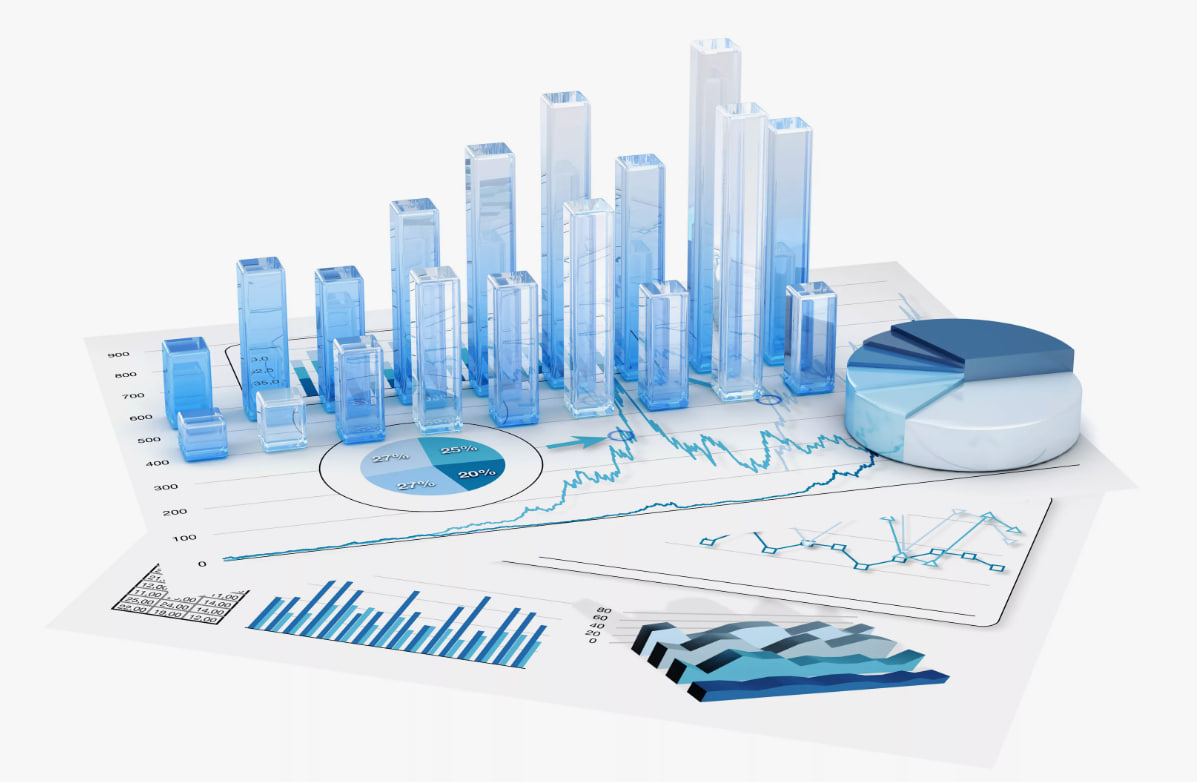Investing in startups that focus on sustainable waste management offers the opportunity to address pressing environmental challenges while fostering scalable, long-term solutions to waste reduction, recycling, and resource efficiency. As global waste production rises, so does the urgency to manage waste sustainably, making this sector ripe for innovation and investment. Here are some high-potential areas where waste management startups are actively creating impact:

-
Advanced Recycling Technologies: Traditional recycling methods often fall short when dealing with complex materials or mixed waste. Startups are developing advanced recycling techniques that use chemical, enzymatic, and thermal processes to break down materials such as plastics, textiles, and electronic waste at a molecular level. Chemical recycling, for instance, turns plastic waste back into its raw components, making it reusable in production. Enzymatic recycling, a more recent innovation, uses specially designed enzymes to target and decompose plastic polymers. Investments in advanced recycling startups support technology-driven solutions that increase recycling efficiency and minimize resource loss.
-
Waste-to-Energy (WtE) Solutions: Waste-to-energy startups are finding innovative ways to convert waste into usable energy forms, including electricity, heat, and biofuels. Technologies like anaerobic digestion and gasification allow for the transformation of organic waste into biogas or renewable energy, helping reduce reliance on fossil fuels. Additionally, WtE solutions can contribute to waste reduction by repurposing materials that are difficult to recycle. Investment in WtE startups provides sustainable energy solutions and offers an alternative to landfill disposal, turning waste into a valuable resource.
-
Circular Economy Platforms: A growing number of startups are creating digital platforms that facilitate the circular economy by promoting product reuse, repair, and resale. These platforms often connect businesses or consumers with services that extend the life cycle of products, such as second-hand markets, repair services, or resource-sharing networks. For instance, some platforms encourage businesses to share resources and materials that would otherwise be wasted, creating a "closed-loop" economy. Investing in circular economy startups aligns with reducing waste at its source and optimizing resource use, paving the way for sustainable consumption patterns.
-
Smart Waste Collection and Sorting: Smart waste collection technologies are transforming how waste is managed at the collection and sorting stages. IoT-enabled bins and real-time data analytics allow waste collection services to optimize routes, monitor bin capacity, and reduce unnecessary pickups, ultimately lowering operational costs and emissions. Automated sorting systems, powered by AI and robotics, can identify and separate different types of waste more accurately than traditional methods, increasing recycling rates and reducing contamination. Investment in smart waste collection startups enhances efficiency and supports the shift to smarter, data-driven waste management.
-
Composting and Organic Waste Processing: Organic waste, such as food and agricultural byproducts, is a major component of global waste but also one of the most underutilized. Startups focusing on composting and bioconversion turn organic waste into valuable resources, like nutrient-rich compost, biogas, and animal feed. Some companies use bioconversion with insects, such as black soldier flies, to rapidly convert organic waste into high-protein animal feed. Investing in organic waste processing supports the reduction of landfill waste, greenhouse gas emissions, and the generation of eco-friendly products that contribute to a circular economy.
-
E-Waste Recycling and Recovery: Electronic waste contains valuable metals, such as gold, silver, and rare earth elements, which are often lost in traditional waste processes. Startups specializing in e-waste recycling are developing methods to extract and recover these valuable materials from old electronics, minimizing environmental damage from improper disposal and reducing the demand for new mining. Advanced e-waste recycling also mitigates the risks associated with toxic substances in electronics. Investment in e-waste solutions supports responsible resource recovery and reduces environmental harm.
-
Biodegradable and Eco-Friendly Packaging: Packaging waste represents a significant environmental burden, particularly plastic packaging that does not decompose. Startups focusing on biodegradable and compostable packaging alternatives offer sustainable packaging solutions made from materials like plant fibers, mushrooms, and even seaweed. These materials break down naturally without releasing harmful pollutants, reducing landfill waste. Investors in eco-friendly packaging solutions support a market need for sustainable alternatives that align with consumer preferences for low-impact products.
-
Carbon Capture from Waste Decomposition: Some startups are pioneering methods to capture and reuse carbon emissions produced during waste decomposition, especially from landfill sites. Technologies such as microbial fuel cells and carbon capture units can extract greenhouse gases from waste and convert them into energy or store them to prevent atmospheric release. Carbon capture technology in waste management helps minimize environmental impact while potentially generating revenue from carbon credits. Investing in carbon capture solutions aligns with climate action goals and supports innovation to reduce greenhouse gas emissions.
-
Blockchain for Waste Tracking and Accountability: Ensuring transparency and accountability in waste management processes is essential to tracking waste flows and combating illegal dumping or pollution. Blockchain technology enables secure, transparent tracking of waste from generation to disposal, ensuring compliance with regulatory standards and improving accountability. Startups using blockchain for waste tracking provide solutions that appeal to governments, corporations, and waste management services, especially those aiming to certify sustainable practices. Investment in blockchain technology for waste management supports transparency, accountability, and better resource allocation.
-
Upcycling and Value-Added Waste Products: Upcycling startups take waste materials and transform them into new, high-value products, such as turning textile scraps into fashion items or using industrial byproducts to create construction materials. These businesses often operate on principles of design innovation and sustainable production, reducing landfill waste while creating marketable products. Upcycling aligns with the ethos of a circular economy by transforming waste into items that hold economic value. Investors in upcycling startups contribute to waste reduction and support consumer demand for unique, eco-conscious products.
Investing in sustainable waste management startups provides both environmental and economic benefits by supporting solutions that reduce waste, increase resource efficiency, and contribute to a circular economy. Given the growing focus on sustainability, waste management technologies are essential to building a future where waste is minimized, and resources are optimized. Each of these areas represents a promising opportunity for investors looking to make an impact in an industry poised for transformation and growth.
